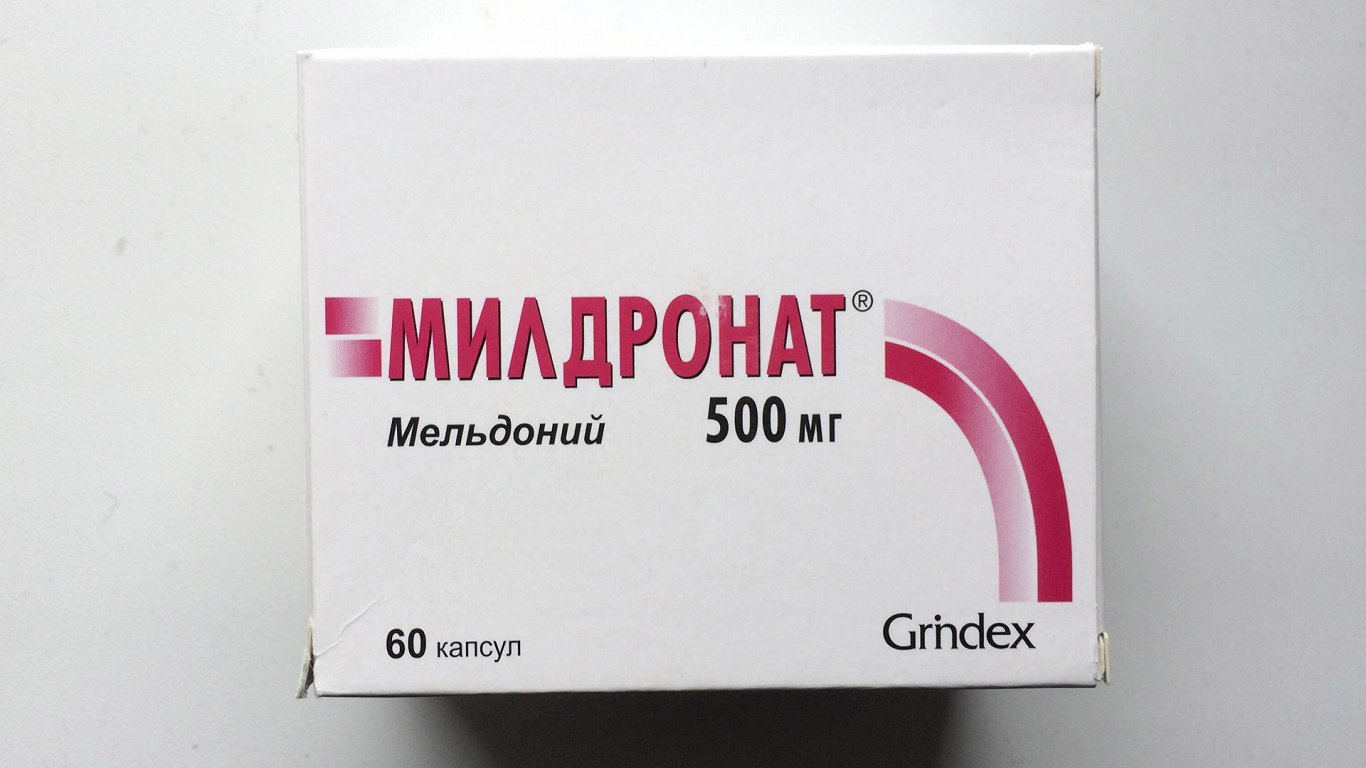Rus.LSM.lv found out what is happening in the pharmaceuticals sector with flagship company Grindeks used as an example.
Latvian pharmaceutical production is one of the few industries that traditionally exports to Russia and to Ukraine and Belarus.
The owner of the company, Kirovs Lipmans, told Latvian Radio in April that Grindeks is gradually leaving Russia. In the recently published annual report, the board of Grindeks also reports that the company is gradually abandoning operations in high-risk countries, including Russia. However, clarifying how long this "gradual" pullout will take is not easy.
Data on Grindeks' Russian business is hidden in the depths of the 2022 report, on page 37. Turnover in Russia was 70.6 million euros, which is an increase of 28% (in 2021 – 55.3 million euros). You can also calculate the share of revenues earned in Russia in the total business of Grindeks – it is more than a quarter, 27% (out of 259 million euros). There are no separate data for Ukraine, but there is a decrease in the groups "other CIS countries" and "other countries".
Judging by the annual report, last year Grindeks had two large and fast-growing markets at the same time: the countries of the European Union (increase from 64 to 83.1 million euros, excluding the Baltic states) and, despite the war and announcements about leaving – Russia.
Nevertheless, it is true that over the past 10 years, Grindeks has managed to significantly reduce the share of Russia (as well as Ukraine and CIS countries) in its total turnover.
The Grindeks press department did not respond to Rus.lsm.lv's questions about the increase in turnover in Russia during the first year of the war, about the use of its popular 'Mildronate' drug (also known as Meldronium) by Russian military personnel and about the supply of this medicine to the Russian Federation.
Previously, in February of this year, in response to other Rus.lsm.lv questions about business in Russia and Ukraine, Grindeks press secretary Laila Kļaviņa declined to provide specific comment, saying: "Grindeks' long-term strategy is to expand operations in the countries of the European Union, the United States, in Japan, South Korea, Australia, New Zealand and Canada, so the company will not provide answers or comment on the situation in Russia and Ukraine."
Performance-enhanced invaders?
"No. No," answered Kirovs Lipmans, the owner of Grindeks when asked by Latvian Radio, whether Russian soldiers who invaded Ukraine are using drugs produced by the company. However, this is too simple an answer. It is impossible to trace who buys, and for what purpose they buy, medicine with their own money at a pharmacy.
Mildronate is the most commercially successful medicine ever developed in Latvia: about ten years ago, its sales provided two-thirds of the turnover of Grindeks (later the company stopped publishing turnover data by product). Mildronate was developed at the Institute of Organic Synthesis in the late 1970s and was initially used to increase the endurance of Soviet soldiers fighting in Afghanistan, which its creator Ivars Kalviņš has repeatedly recounted, for example, on Latvian Radio 4.
Mildronate produced in Russia by Grindeks (as well as its copies made by Russian manufacturers) is available in pharmacies in 2023. The drug description states: "Increases motor activity and physical endurance."
Indeed, since 2016, Mildronate has been on the World Anti Doping Agency's list of banned substances for sports, due to its performance-enhancing characteristics. It was famously the center of a scandal involving Russian tennis player Maria Sharapova seven years ago.
It seems that now the military use of this drug is back. Recommendations to include Mildronate in the "tactical first aid kit" can be found in blogs and articles published over the last year, which give advice to those mobilized in Russia.
Mildronate is also mentioned for volunteers who assemble packages for Russian soldiers. Most often, it is not in the first necessity group (painkillers come first), but in the "desirable" section. After all, if the drug has worked to increase the endurance of mixed martial artists and Sharapova, why wouldn't it work to increase the endurance of shock troops?
Although the Latvian brand is mentioned in the recommendations, it is not the only one available. As already mentioned, generic copies of Mildronate are produced by dozens of pharmaceutical companies in Russia and the countries of the former USSR.
Humanitarian justification?
"Not delivering medicines means that we deny the right to life," recently stated the chairman of the board of the Chemistry and Pharmaceutical Association, Vitālijs Skrīvelis, explaining why the Latvian pharmaceutical industry continues to export to Russia.
This logic is understandable when it comes to medicine in general. And especially about today's original and commercially-protected drugs, which are secured from copying by a patent and for which there are no analogs in Russia yet.
The best-selling medicines in Latvia are still often from the Soviet era, whose patent protection has long since expired. They usually have domestic analogues in Russia – some mildronate copies (patent protection expired in 2007) can be seen here.
The second group of preparations in which Latvian pharma companies specialize are originally Western preparations, which have also expired and are being copied by local players. That's why, according to Rus.LSM.lv a certain market-oriented logic is at work even while war rages in Ukraine and Russian troops continue to bring death and destruction to another land: wars end someday, but completely abandoning important markets to competitors is not financially rational even when it is morally questionable.






























